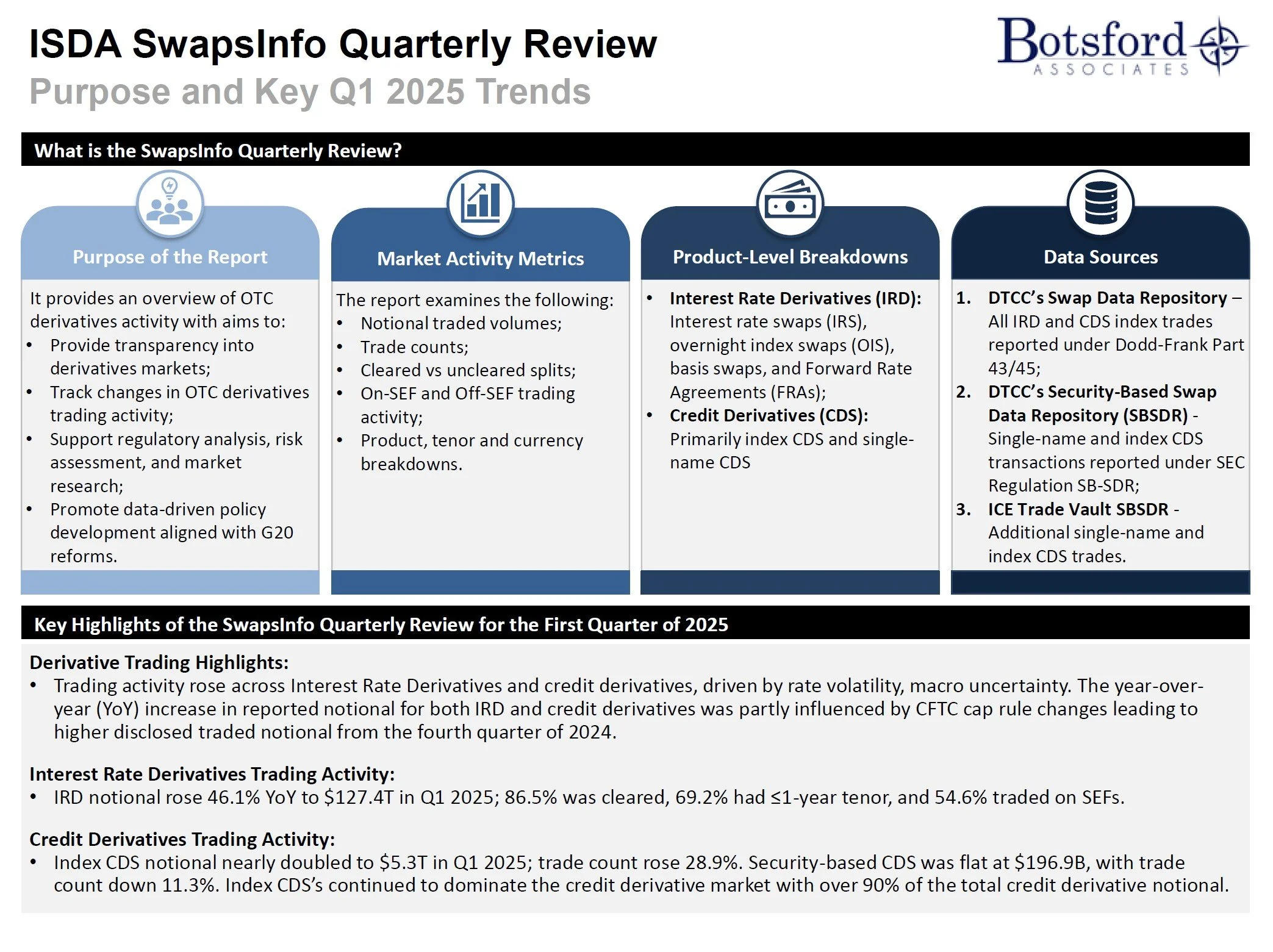OSFI Delays Basel III Floor: Global Coordination amid Industry Extensions
August 2024
On July 5, 2024, the Office of the Superintendent of Financial Institutions (OSFI) announced a one year delay in implementing an increase to the Basel III output floor, a regulatory measure designed to standardize risk-weighted asset (RWA) calculations across banks. These provisions aim to enhance stability within the banking sector by reducing excessive variability in risk-weighted assets (RWA) and improving the comparability of risk-based capital ratios by requiring Canadian banks to use a standardized model to calculate capital ratios. Originally set to increase capital floor levels from 67.5% to 70% in 2025, and then to 72.5% in 2026, the new timeline postpones these increases until 2026 and 2027, respectively.
The postponement aligns with similar deferrals by U.S. and European regulators, who have also delayed certain reforms. It addresses concerns that OSFI was progressing more quickly than other jurisdictions, placing Canadian banks at a disadvantage compared to their U.S. and European counterparts, where similar reforms have encountered significant pushback from the industry, and where timelines have been adjusted in response to feedback on potential economic impacts. The extension also responds to concerns that higher capital floor levels might reduce lending volumes, increase fees, and limit consumer options in Canada. Such changes could restrict households and businesses during a time of heightened financing needs, potentially constraining both lenders and borrowers, and affecting the broader economy.
Regulators often extend deadlines for various reasons, aiming to balance regulatory goals with the practical realities faced by institutions, while also addressing industry opposition or warnings. During periods of economic instability or crisis, such as recessions or global pandemics, regulators may push out deadlines to prevent additional strain on the financial system. Feedback from industry stakeholders, who may express concerns about their ability to meet new regulations within the given timeframe, can also prompt extensions. Complex regulatory changes requiring significant modifications to systems, processes, and reporting frameworks may necessitate more time. Additionally, delays can help manage risks, ensuring the industry is adequately prepared to comply, reducing the likelihood of systemic disruptions. Technological considerations and the need for updates to infrastructure may also lead to extended timelines. Global coordination is particularly crucial for regulations with international implications, such as Basel III, where alignment among different jurisdictions is essential to ensure consistency across borders.
OSFI's extension grants financial institutions additional time to adapt, impacting banks in several ways. The regulatory relief provides banks with more time to adjust their operations and capital structures, reducing immediate compliance costs and easing operational pressures, allowing banks to focus on raising capital, optimizing balance sheets, and adjusting business models. Banks can also continue using current capital calculation methods for a longer period, providing more flexibility in capital allocation and planning. With the output floor standardizing the calculation of RWAs, banks now have more time to increase capital reserves or reduce RWAs to maintain capital ratios. While some banks may find themselves at a competitive disadvantage, especially if they were already prepared for the changes, better alignment of implementation timelines with other jurisdictions ensures a fair marketplace in the international banking system. Moreover, OSFI’s decision aligns with global regulatory trends, reflecting a pragmatic approach to enforcing regulatory changes while accommodating industry feedback and readiness.
Andrew Moreira
Managing Director
amoreira@botsford.com
LinkedIn








